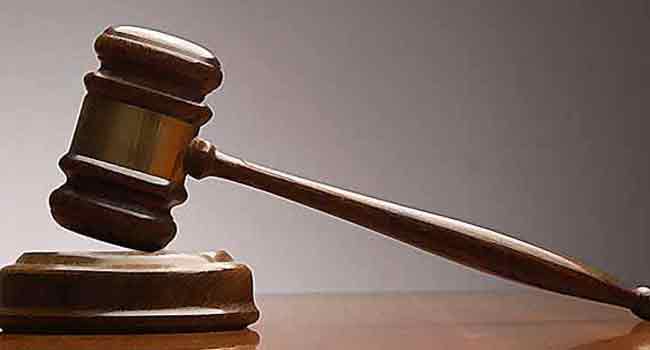
CURRENT REPORT BLOG In a significant legal development, the Lagos High Court in Ikeja has sentenced Wahab Hammed, a ward leader of the All Progressives Congress (APC) in the Surulere Local Government Area, to a one-year jail term or a fine of N1 million. The verdict comes after Hammed was convicted on charges of conspiracy and bribery related to the 2023 Presidential and National Assembly Elections. Let’s delve into the details of this case, its implications for electoral integrity, and the broader context of political activities in Nigeria.
Background of the Case
Hammed’s sentencing follows allegations by the Economic and Financial Crimes Commission (EFCC) that he conspired with Segun Ijitola to corruptly pay bribes to voters during the 2023 elections. The court, led by Justice Ismail Ijelu, found Hammed guilty on two counts and delivered a sentence that includes a one-year jail term or a hefty fine.
Key Details and Legal Proceedings
The EFCC prosecutor, Samuel Daji, outlined during the arraignment that Hammed’s offense occurred at Unit 28, Gbaja Girls Junior High School, Surulere, on February 25, 2023. Despite Hammed’s guilty plea, the court adjourned to review the case’s facts before conviction and sentencing. Subsequently, the court accepted Hammed’s guilty plea and sentenced him to a one-year prison term or a N500,000 fine on each count, with the forfeiture of proceeds to the Federal Government.

Implications for Electoral Integrity
The case highlights the persistent challenge of vote buying and bribery during elections, raising concerns about the integrity of Nigeria’s electoral process. With an emphasis on sanitizing the electoral system, the court’s decision underscores the importance of holding individuals accountable for actions that undermine the democratic process.
Broader Context and National Significance
As a ward leader of the APC, Hammed’s conviction draws attention to the conduct of political figures and parties in Nigeria. It reinforces the notion that electoral malpractices will not go unnoticed or unpunished, signaling a commitment to maintaining fairness, transparency, and accountability in the democratic process.












